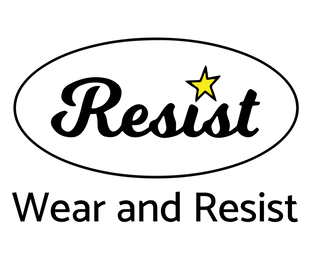Nearly a year ago we went to see Greta Gerwig's adaptation of Little Women on Boxing Day. I was sceptical, sat in the plush seats of the Oxford Playhouse. I was excited to see another adaptation of one of my favourite childhood books, but also a little apprehensive. There had already been so many adaptations and some so good, how revelatory could this film be?
And then it began: Jo running down the street in New York. Jo – New York? but that’s the end of the book. Startled, I watched wide-eyed, trying to keep up with the energy of Saoirse Ronan’s Jo, feeling slightly more alive than I had five minutes earlier. Something about seeing her running like that had moved me instantly.

If you haven't seen it - do! Gerwig’s telling of the story is a tumbling, spinning film, messy like life, constantly circling back on itself, with the ending shadowed from the beginning. Jo is already the jubilant writer, who has written about the events we are about to witness. It is a story about the lives of women as told by a woman. And although some of the dialogue might be altered from the book, Gerwig hasn’t reinterpreted Little Women as a feminist story, it always was.
Louisa May Alcott based Little Women closely on her own family and life. The daughter of Transcendentalists – a philosophical movement grounded in the natural world and the spirit of the individual – Louisa May Alcott was taught by such family friends as Henry Thoreau and Ralph Waldo Emerson. Her mother Abby May Alcott was a suffragette and her family were abolitionists. In this telling Gerwig gives the sisters more to say. Amy’s dialogue for instance comes from LMA’s letters and diaries.
And like Jo in this film, she ran. Alcott was a runner at a time when almost no one ran, men included.
In her memoirs she wrote:
‘I always thought I must have been a deer or a horse in some former state, because it was such a joy to run … My wise mother, anxious to give me a strong body to support a lively brain, turned me loose in the country and let me run wild, learning of Nature what no books can teach, and being led, — as those who truly love her seldom fail to be — through Nature up to Nature's God.
'I had an early run in the woods before the dew was off the grass. The moss was like velvet, and as I ran under the arches of yellow and red leaves I sang for joy, my heart was so bright and the world so beautiful. I stopped at the end of the walk and saw the sunshine out over the wide Virginia meadows. It seemed like going through a dark life or grave into heaven beyond. A very strange and solemn feeling came over me as I stood there, with no sound but the rustle of the pines, no one near me, and the sun so glorious, as for me alone. It seemed as if I felt God as I never did before, and I prayed in my heart that I might keep that happy sense of nearness all my life'.
Gerwig’s adaptation that begins with Jo’s joy in running through the streets of New York, as we watch her experiencing her own freedom, presents a woman as an active spirit, the maker of her own destiny. It reminded me of a brilliant blog the literary agent Lizzy Kremer wrote a few years ago that has stayed with me. In it she compares running to writing and describes reclaiming the freedom that you felt as a child “to write straight from the heart without analysing, debating.’
“I feel more myself when I am running and, when I’m done, what I feel is a happy exhaustion. A happy exhaustion following a logical coming together of heart, mind and body. “Pushing myself as hard as I can – testing myself – that’s what counts. I know what speed I’m aiming at. (‘Fucking fast.’) I’ll run where I like.” Lizzy Kremer writes.

For me, writing and running have always gone hand in hand. I try to get out most mornings, and the days that I do feel so much better. Running through the woods in the Chilterns gives me the same sense of connection and inspiration that LMA described. And often it’s while I’m running that I come up with ideas for new designs. Or thoughts I really should write down, like these.







